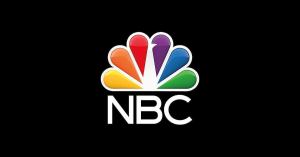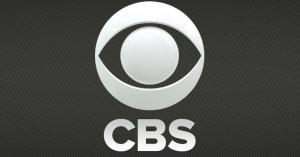When William Shatner found himself the subject of a new celebrity death hoax, the Star Trek actor unleashed on Facebook, which spread the fake news.
The 87-year-old took to Twitter on Wednesday to dispel rumors that he was found dead, and called out Facebook for allowing the false news story to be sponsored on its messaging app.
Videos by PopCulture.com
His response came after a Twitter user shared a screenshot of the Facebook post by a company called Avocet Retail Sales, which mourned the loss of the actor who played Captain Kirk.
“@WilliamShatner I thought you might want to know you’re dead,” the user wrote alongside the photo evidence.
@WilliamShatner I thought you might want to know you’re dead. pic.twitter.com/RNqG0OkHni
— Anthony Brayall (@brayall) March 21, 2018
Less than a half hour later, Shatner posted his own message slamming the social media company for spreading the false news.
“Hey @facebook isn’t this your messenger app? What’s up with you allowing this Acocet Retail Sales ad to pass your muster? Thought you were doing something about this?” he wrote.
Hey @facebook isn’t this your messenger app? What’s up with you allowing this Acocet Retail Sales ad to pass your muster? Thought you were doing something about this? https://t.co/1fFriJ8PRu
— William Shatner (@WilliamShatner) March 21, 2018
Hours after Shatner’s tweet, Facebook’s director of product management Rob Leathern replied, not to apologize, but to assure him that the ad and page had been removed.
“Thank you,” Shatner replied. “I’m not planning on dying so please continue to block those kinds of ads.”
Thank you. I’m not planning on dying so please continue to block those kinds of ads. https://t.co/9f3k3uN5z4
— William Shatner (@WilliamShatner) March 21, 2018
The unfortunate banter came just a day before the actor’s 87th birthday on Thursday.
Shatner’s celebrity death hoax is only the latest in a string of false stories claiming that iconic actors had been beamed up to the great beyond.
In February, Sylvester Stallone took to Instagram to deny false reports that he had died from a secret battle with cancer, which included “evidence” of the actor looking frail; the photos were taken from the set of an upcoming film project.
Stallone shared an example of the hoax with the caption, “Please ignore this stupidity… Alive and well and happy and healthy… Still punching!”
Rumors of Stallone’s death originally began circulating on Facebook in 2016. He didn’t directly address the hoax at the time, but following significant traction in February, he and his brother spoke out to shut down the fake news.
For Facebook, the mixup represents just the latest controversy for the social media giant this week. Over the weekend, The New York Times revealed that the network covertly shared the information of 50 million users with the political research group Cambridge Analytica, which worked for Donald Trump’s presidential campaign.
The company’s CEO and co-founder Mark Zuckerberg apologized for the breach in a statement on Wednesday, saying, “We have a responsibility to protect your data, and if we can’t then we don’t deserve to serve you.”
He promised to work diligently to provide better security for Facebook users.
Photo Credit: Shutterstock / Kathy Hutchins








